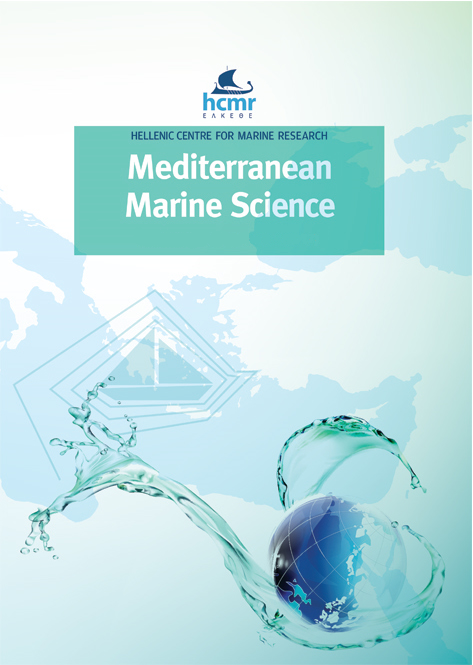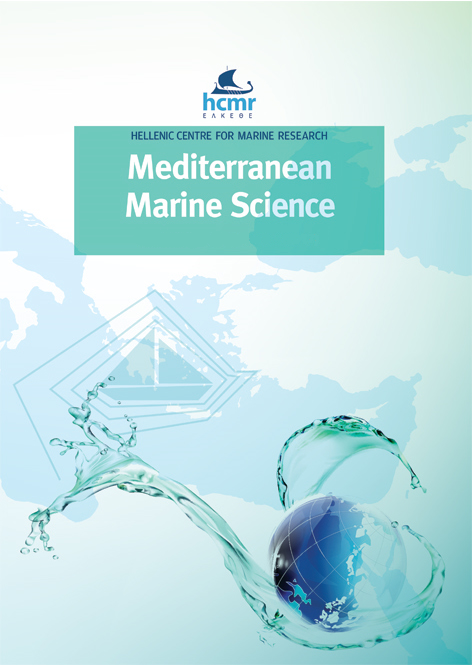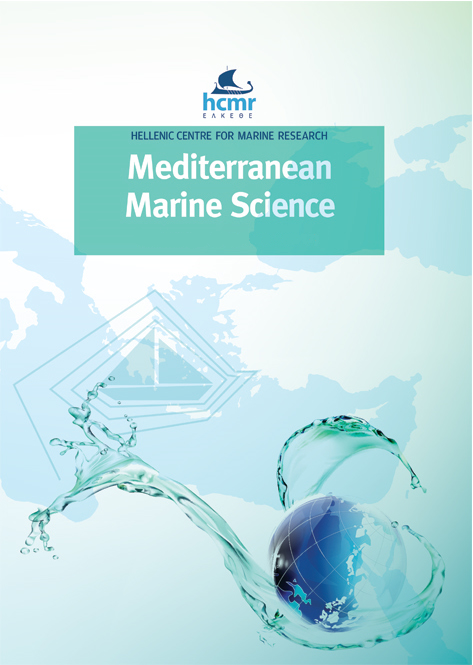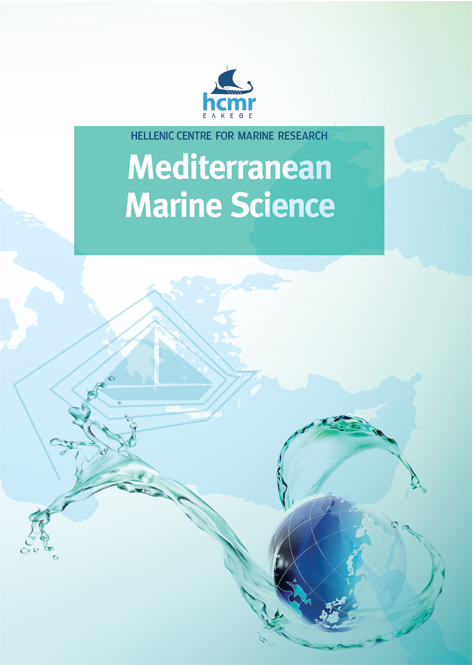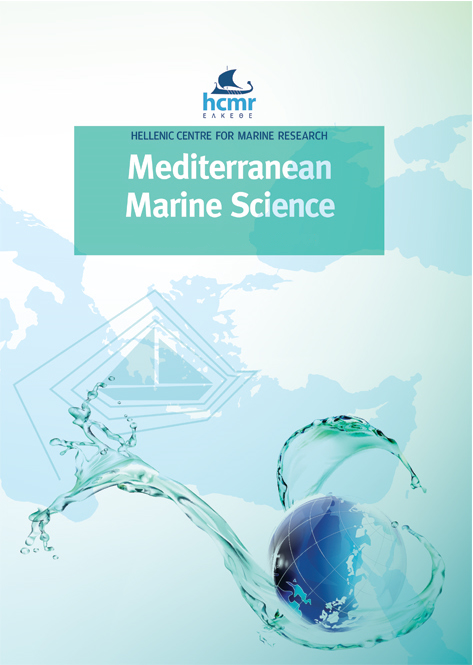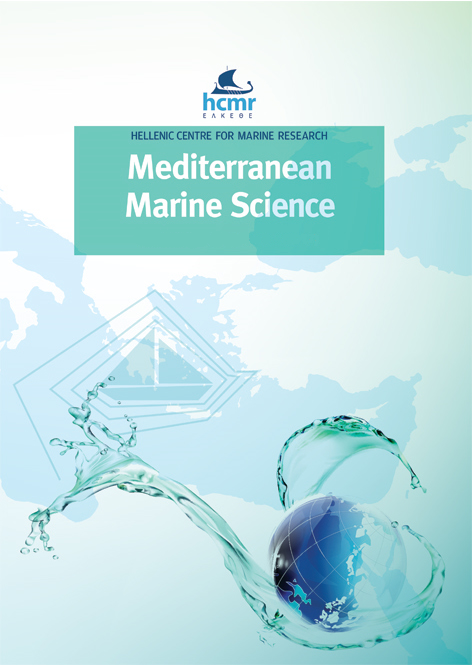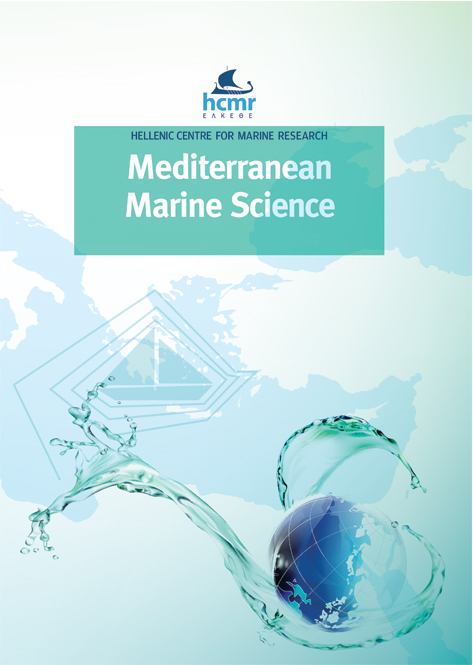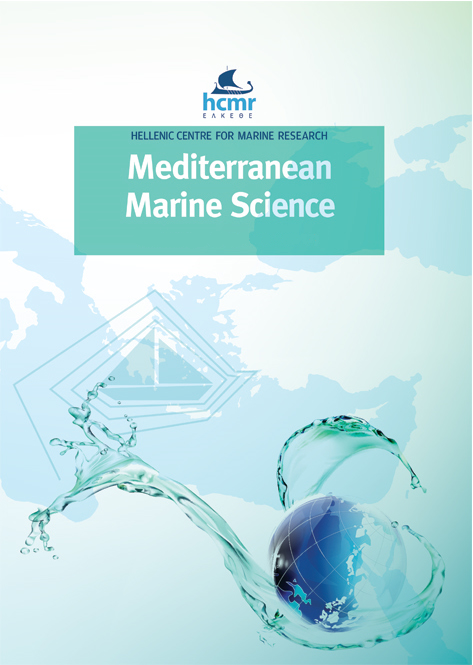Towards Cross-Border Fisheries Management: An Analysis of Fleet Structures and Species-Specific Regulatory Measures in the Aegean Sea
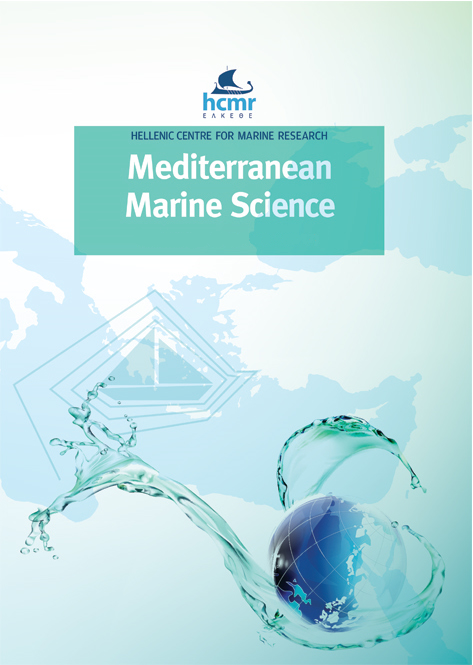
Abstract
Intrinsic differences in the applied management measures of shared stocks in transboundary waters inhibit the ability of either state to benefit from such measures, as one state may benefit in lieu of the other, thus reducing the efficacy of both. This study compares for the first time the fleet structure, specific management measures applied to species-specific regulations for commercial fishing, species listed in official monitoring schemes, and protected taxa between Greece and Türkiye for the Aegean Sea. A comparative analysis utilizing the official data was sourced from both countries. Large-scale Greek and Turkish fishing fleets have been modernized within the last 30 years (1991-2021). Greek and Turkish large-scale fishing fleets included smaller trawlers with lower tonnage and slightly higher engine horsepower, while purse seines of both states included larger vessels with higher horsepower and tonnage. This indicates that the fishing pressure on the demersal resources in the Aegean Sea has partially decreased, but the fishing pressure on pelagic resources has increased despite the decrease in the number of vessels. Only 11 out of 74 minimum conservation reference sizes (MCRS) are sufficiently set above the Lm50 sizes they should be based on, whereas 18 species need reproductive studies, and 22 are set below the Lm50, and could benefit from an increase. The application of specific closed seasons for commercial species was used by both states with the intent to protect the reproductive periods of some stocks. However, several of these closure periods did not fully or even partially cover the spawning periods of the respective species. Species-specific closures were applied to 13 species in Greece and 23 species in Türkiye, with only two fish species (Xiphias gladius and Thunnus thynnus) listed for both countries. Only 14 species (out of 34 protected by Greece and 46 by Türkiye) are protected by both states, most of which are listed as critically endangered by the International Union for Conservation of Nature and Natural Resources (IUCN). Harmonization of fisheries management measures currently does not align between the two neighbouring states, and the General Fisheries Commission of the Mediterranean is the competent authority that would be able to restructure such measures, especially as Türkiye has been aligning their measures with that of the EU for the accession process. This contribution highlights the clear differences between Greece and Türkiye, and provides advice for developing a unified management regime for the Aegean Sea.
Article Details
- Zitationsvorschlag
-
DERELİ, H., ÜNAL, V., ULMAN, A., GIOVOS, I., TOSUNOĞLU, Z., PRODROMITIS, G., & MOUTOPOULOS, D. K. (2024). Towards Cross-Border Fisheries Management: An Analysis of Fleet Structures and Species-Specific Regulatory Measures in the Aegean Sea. Mediterranean Marine Science, 25(2), 418–440. https://doi.org/10.12681/mms.35526
- Rubrik
- Research Article
Authors who publish with this journal agree to the following terms:
- Authors retain copyright and grant the journal right of first publication with the work simultaneously licensed under a Creative Commons Attribution Non-Commercial License that allows others to share the work with an acknowledgement of the work's authorship and initial publication in this journal.
- Authors are able to enter into separate, additional contractual arrangements for the non-exclusive distribution of the journal's published version of the work (e.g. post it to an institutional repository or publish it in a book), with an acknowledgement of its initial publication in this journal.
- Authors are permitted and encouraged to post their work online (preferably in institutional repositories or on their website) prior to and during the submission process, as it can lead to productive exchanges, as well as earlier and greater citation of published work (See The Effect of Open Access).





